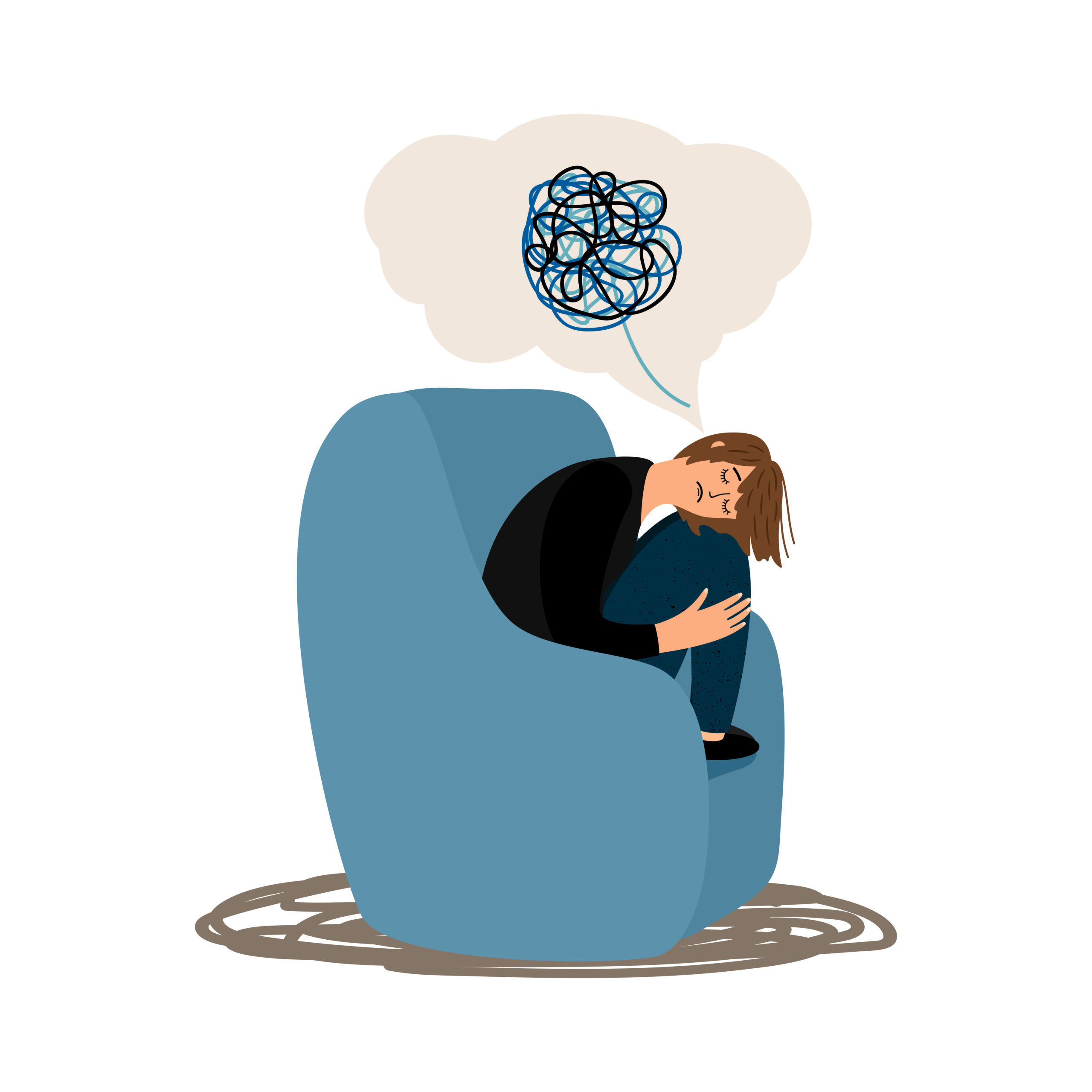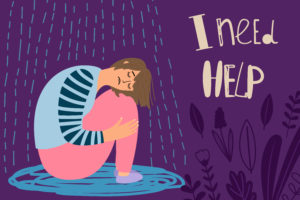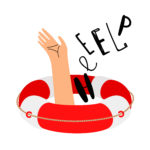
Seeing Teenage Depression for What It Is
t’s challenging to see your child showing signs of depression. Teenage depression is multiplying within the teen population. As a therapist dealing with depression in teens, I often hear, “It’s just how my brain works” or “it’s how I’m wired.”I understand that we want to prevent teens from feeling guilty about their mental health, but to tackle depression—we must normalize that we all deserve to feel healthy and happy.
Watching your child suffer from depression can be a frightening experience. It is not uncommon for parents to feel as if they are bad parents because their child with depression. No matter how much you try to better their situation, it still feels like you are walking on eggshells. Teens with depression will often wholly isolate themselves, and when someone intrudes, they can have an emotional outburst or even turn to self-harm. Teenagers go through many emotional highs and lows, so know that some emotional responses are a reasonable part of growing up, but be on the lookout for when it’s more serious. Here are the most common patterns in behavior with teenagers struggling with depression:
- Low self-esteem
- Isolation
- Lack of interest
- Hopelessness
- Feeling guilty
- Thoughts of suicide
If your child is showing one or multiple signs, it is time to seek professional help. In a safe, supportive, and compassionate environment, your teenager and I will sort out their thoughts that are negatively impacting their well-being. These symptoms may be frightening to read as a parent. Still, teens can develop more mindful awareness of their thoughts and experiences and begin to talk more realistically about current experiences. The idea is to have your teenager move from a space of negative self-talk and self-deprecation and learn new, healthy ways to cope with the pressures of a teenager. Teens struggling with depression have a skewed perspective of self-worth, and it is my goal to develop their power of mindfulness and deeply understand their worth, their strengths, and their future goals.
Your child must receive mental health care if these symptoms are being observed. While I can change their mindset—getting them to therapy is your job. You need a therapist who you trust and who your teenager is comfortable with while talking about their feelings. Think of a therapist as part of the team to help your child. As a team, we will normalize and be proactive about therapy appointments to spend time with your teen to better help them regulate their racing thoughts. When coping skills are overwhelmed by guilt, doubt, anxiety, or despair, therapy can help. Therapy can provide support, problem-solving skills, and enhanced coping for issues such as depression, anxiety, or lack of confidence.
Confidentiality
In general, the law protects the confidentiality of all communications between a client and a counselor. Information will not be disclosed without written permission, unless a client intends to harm himself or herself. I make every effort to enlist their cooperation in ensuring their safety. If they do not cooperate, further measures may be taken without their permission to ensure their safety and you will be informed.
When your child is dealing with depression, my goals are to build a safe space where they can talk and process their thoughts without hesitation of being judged or scrutinized. That sometimes means parents will not always know what is being discussed within the sessions. It’s hard to step back. Let your child’s therapy be a private place and use your meetings with the therapist to get and share information about how things are going.
Taking the Next Steps
During sessions, your teen and I will discuss their depressive spells happening in their life. A session lasts 50 minutes. I may ask questions that ask what is causing your teenager to be sad right now. We will discuss how they feel about their self-worth, what are the things that cause them to feel hopeless, guilty, and even isolated. However, we will also focus on the things that make them happy—the things they look forward to in their day. Thought concentration allows the patient to understand their thoughts but also gives a focus during the time between sessions. Therapy can provide a fresh perspective on a difficult problem causing depression spells and point the teen in the direction of a solution. Many people find treatment to be a tremendous asset to managing personal growth, interpersonal relationships, family concerns, and the hassles of daily life. This is true for teenagers growing up, learning about themselves, and setting realistic expectations and goals for their future.



